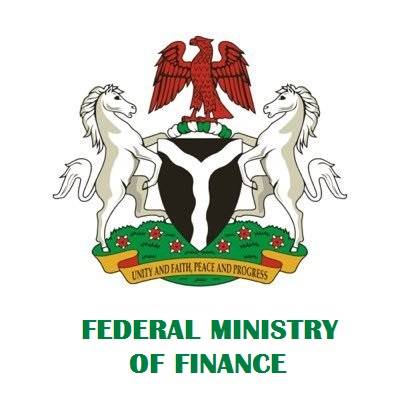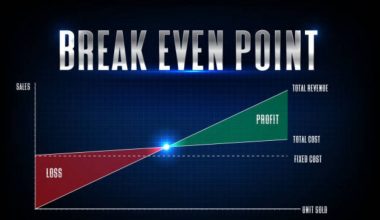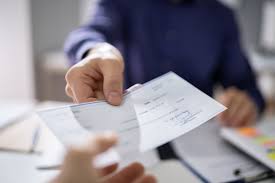If you are finding yourself in a seemingly impossible financial situation, you certainly aren’t alone. Due to the recent pandemic, there are millions of Americans that find themselves in a monetary hole, ridden with debt.
For many, it comes from living on credit cards during the layoffs and lockdowns, while for others it may be from clearing up back rent and falling further behind than they planned. When it comes down to it, what got you here is in the past, and now, you want to free yourself from all of the debt.
Before you officially begin the process of resolving your debt, you’ll need to prepare a little bit first. We’re here to help. We’ve got a solid list of great tips that will give you the best launchpad you can have to start your debt resolution.
#1. Get All The Details
First thing’s first, you’ll need to find out what you owe and to whom. Make sure you get the information directly from your credit report. Then, use a loan payoff calculator to see if there is a way you can pay off any outstanding loans now to free up some wiggle room.
#2. Research
Once you have all of the amounts that you owe and the names or company names of the collections organizations, you can start your research. Scour the internet to find out how your various creditors handle settlement or resolution.
If your research fails, you can call the creditors or collectors and ask them how they deal with debt settlement. They may not give you any information without the specifics of your account, but we’re not ready for that step yet, so don’t start talking about your actual debts yet, just gather what information you can.
#3. Start Saving
This one is deceptively simple. Save a little cash if you can, because many creditors will settle differently if they know you can pay a lump sum that day.
#4. Psych Yourself Up For Negotiations
If you have done your settlement research and have a few bucks ready to jump on a good settlement offer, figure out what you can afford to agree to. Many debt collectors will take as little as 30%-40% of the original debt, while original creditors often stick to around 80%.
#5. Contact The Creditor
Call in and ask for the financial relief department or someone else with the power to negotiate your debt. It may take a few times before you get the answers you need.
#6. Get It In Writing
When you and the creditor agree on an arrangement, be sure you get the details in writing. Digital communication is fine as well. This helps to protect you in certain rare situations, but it is no less important.
#7. Stick To The Deal
Once the deal is struck, you need to stick to it. Pay what you’ve agreed, and make sure the item is then removed from your credit report or listed as paid as agreed.






